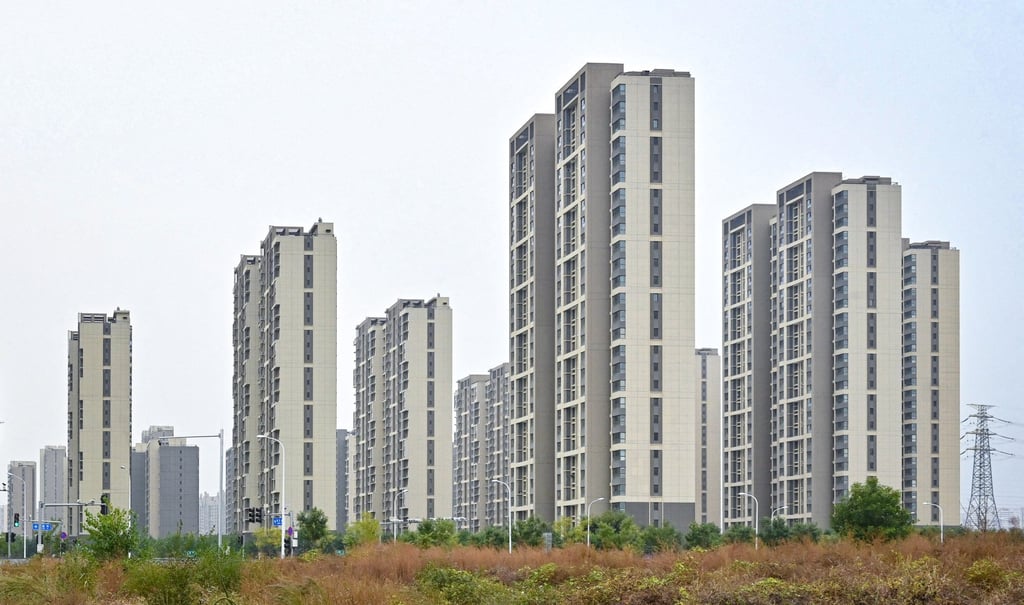China weighing property tax breaks to boost sales, free up household cash
‘Pretty sizeable’ reductions would ease burdens on buyers and sellers, accelerating listings and sales, analyst says
Chinese authorities are gearing up to ease tax rules related to residential property transactions, a move that analysts view as “very positive” for boosting the nation’s struggling market and freeing up household cash for consumption.
A range of new policies are currently under review to reduce taxes for both homebuyers and sellers, the Ministry of Finance said on Friday. These measures will be introduced “in the near future”, alongside additional fiscal policies to support the economy, it said.
Homebuyers may see a potential 2 per cent reduction in the deed tax on transaction values, which could be “beneficial to home transactions, especially in big cities where prices are elevated”, said Jeff Zhang, an equity analyst at US research firm Morningstar.
For sellers, a 5 per cent value-added tax on properties sold within two years might also be removed, while a potential reduction in personal income taxes could help boost overall consumption, Zhang added.
For example, on a property costing 10 million yuan (US$1.38 million), such tax breaks could help buyers save around 200,000 yuan, while sellers could see total savings of around 300,000 yuan in value-added and personal income taxes, according to Yan Yuejin, vice-president of the Shanghai-based E-House China Real Estate Research Institute.
“These tax savings are pretty sizeable, and especially positive for the second-hand housing market, which could see more listings and accelerated sales,” he said.
The regional branches of the State Tax Administration in Beijing, Shanghai, Shenzhen, and Guangzhou told the Post that details of the revised rules have not yet been provided.
The plans to boost housing transactions follow calls from regional authorities in recent months to remove the distinction between standard and non-standard residential housing, with the latter category subject to higher taxes. A threshold of 144 square metres classifies properties as non-standard, as they are larger than the average homes available on the market.

“For properties held for a relatively short period, non-standard housing held for over five years, or homes exceeding 144 square metres in size, sellers could expect significant tax reductions,” Yan said.
In another move to support homebuyers, the government of Shenzhen, China’s southern tech hub, is considering raising the upper limit of housing provident fund loans to 600,000 yuan for individuals and 1.1 million yuan for households, up from 500,000 yuan and 900,000 yuan, respectively.
The government provides housing provident fund loans to qualified employees for purchasing or renting homes, at interest rates that are typically lower than those of banks’ commercial housing loans.
In a sign of improving sentiment despite market headwinds, second-hand home prices dropped less in October than in September, declining by 0.6 per cent in 100 major cities, 0.1 percentage points less than in September, according to data published by the China Index Academy.
The average new home price increased 0.29 per cent month on month and 2.08 per cent year on year, driven in part by sales of luxury projects.
